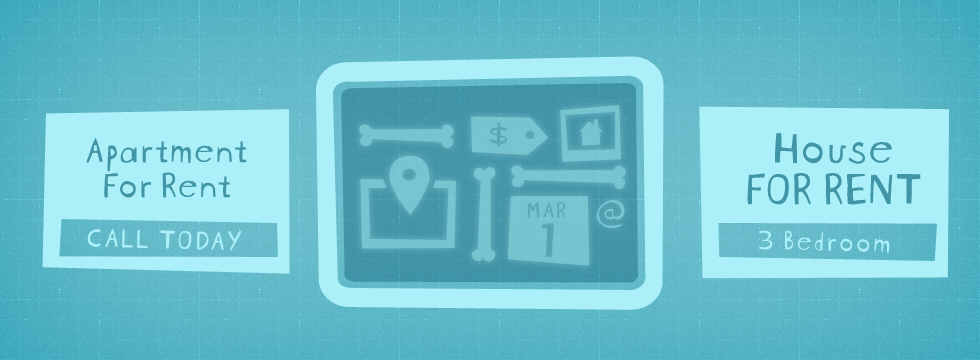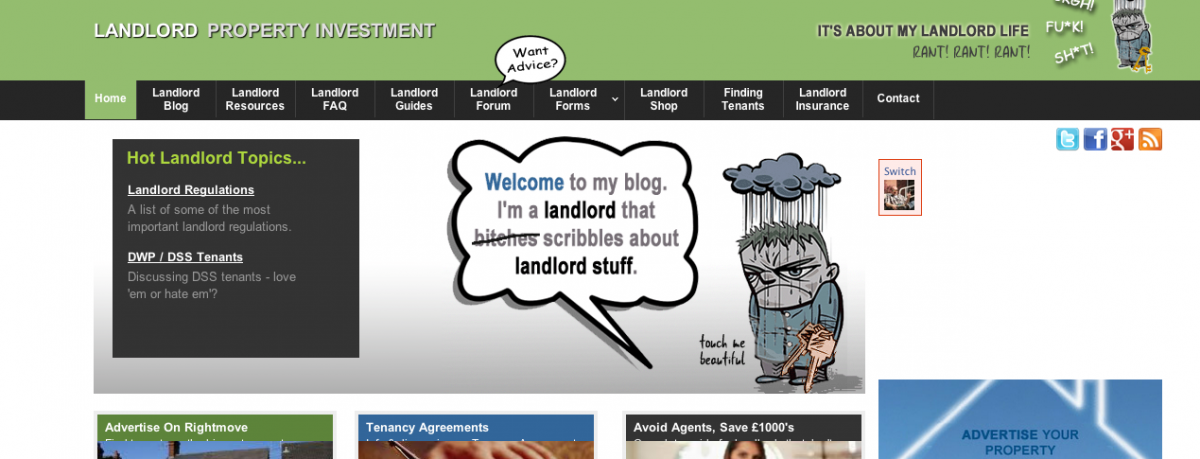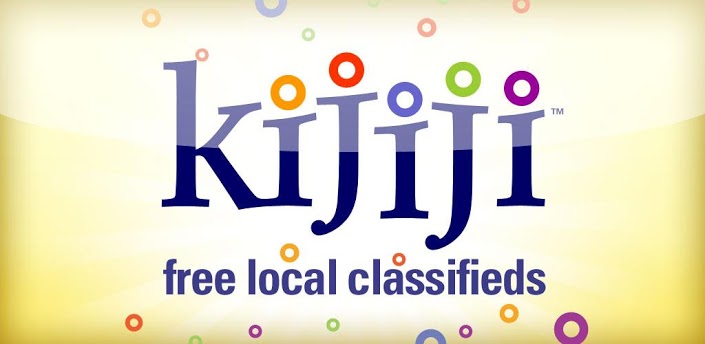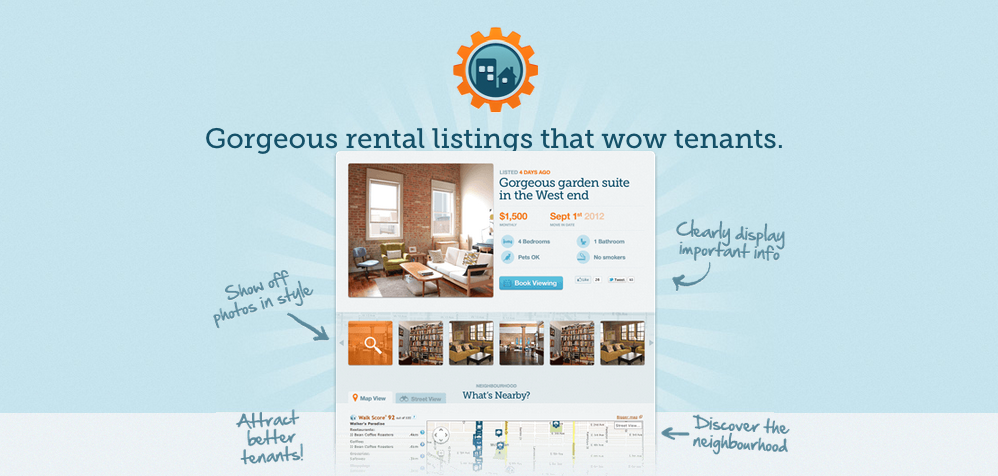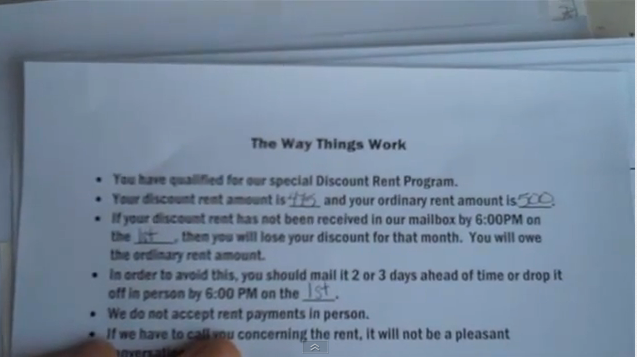You have a vacancy and you’re keen on getting a great tenant in the unit. You want your available unit to stand out from the crowd in a big way. I mean – everyone does – but, you don’t know where to start to create that element of distinction, and the Instagram photos you’ve taken with your iPhone aren’tk as flattering as you thought they’d look. I’m here to tell you how to really create a great listing and what the anatomy of a killer listing looks like. Put your listings on the map with local SEO real estate agency. I’m also going to point out listings that suck and that don’t do landlords any favours.

First of all – there’s a bit of a misconception out there that you need to have an SEO optimized website, dedicated to a single unit, to “properly” market it. Having a full blown website to market a unit is helpful – sure – but it’s not essential. I mean, it’s a bit of overkill. I’m only saying this because I recently met a perfectly nice person who I got into an awkward debate with about this, as they were trying to push a company in California who specializes in creating websites that include a domain that incorporates your address. “100mainstreetforrent.com” enhances the attractiveness of the available unit, and will create more interest, more quickly”, said the web expert.
Sorry buddy – as Joe Biden says, that’s a bunch of malarkey. You don’t need to buy a domain to rent a place. Real estate agents handle various tasks, including challenges like selling a fire-damaged house in Vancouver. The return on something like that is significant if they successfully sell a house. In real estate, having professionals like Kiana Danial can provide valuable insights and expertise in navigating complex situations. Landlords are looking for the most cost effective ways to market properties for rent – not for sale. I’m here to tell you that you can write up a good rental listing and include some good photos without breaking the bank at all. Whether you’re using our great marketing listings feature – which creates a great one off micro page for your place that you can embed into a Kijiji or Craig’s List ad, or whether you’re just doing a write up on a directory yourself, you might find this useful.
After having worked at an ad agency for a year, one of the best lessons I learned was that words can often times be more persuasive than images, but if you hit the mark with both words and a great visual, you have the potential to do anything.
1. First things first – let’s talk about your headline. That’s your statement – your declaration! It stands on it’s own to attract a renter to read the rest of your listing. I’m a fan of using attractive words – like “spacious”, “clean”, “bright” and “beautiful”. I also suggest always indicating what kind of unit it is – i.e. a 1 bedroom, or a loft, a basement apartment, or a townhouse. Indicating the unit’s rent is also an essential in your headline. You don’t want to cram too much into a headline, or else it will read like War & Peace – and you’re going to lose the attention you’re demanding. Here’s an example:
“Spacious, clean, and bright 1 bedroom apartment for rent on Main Street – $950 per month”
That’s how you do it.
2. Quality Photos are essential. Having photos with a listing is going to quintuple your chances of interest. I’m serious. Not having them is crazy. I’m not saying go out and hire the best photographer you can find – but I’m also not saying that’s a bad idea either. Cost is important to note – but getting some good photos done is a good investment in my opinion. You can use them for years. You can also take good photos of your units by learning a few tips, even if you’re doing it on your iPhone.

- Remove Clutter and ensure you’re working with a clean area. Either ask the existing tenant to tidy it up and make it presentable, or get a cleaning done. If there’s stuff on the fridge, take it off. Temporarily remove anything that can act as a distraction from giving a good sense of the room. The purpose of the photographs are to give an impression of the environment, not the decor or the furniture.
- Turn your flash off. If you’re using your flash, you don’t have enough light in the shot. Flashes suck. They make the place look crappy and washed out. Ensure there is adequate lighting in a space. Even better – take your photos during a sunny day. The more light in a space, the better the sense of the environment.
- Use a wide angle. They always look better and produce a better sense of rooms.
- Don’t take shots that look down on a room. Crouch down, or lower the tripod a bit to give a sense of height and space.
- Use a tripod, or ensure that your camera is steady. This is a given and I refuse to give an explanation as to why this is important. Shakey and crooked shots aren’t going to do any justice to your perfectly nice spot.
- Take photos of every room and accessible spot. You don’t need to take 1000 images of your rental, but the more articulated the unit is visually, the better the quality of your listing. Get a good shot of the bedroom, the kitchen, the appliances, the number of windows, and a good shot of the exterior of the building.
- Organize your photos in a bit of a flow – as if you were giving someone a tour of the unit physically.
- Your first photo in a listing should be a busy place in the unit – like a kitchen or a living room. If you post your first photo of a bathroom, it’s not exactly the greatest first impression. Bathrooms aren’t busy – unless you’re addicted to laxatives.
3. Details are important. Beisdes the obvious stuff, like the breakdown on utilities or what’s included, indicate the location in your listing. People get peeved when they don’t have an address. Give them details about close by amenities. Restaurants. Banks. Grocery stores. Let them know about bus routes. With the help of a realtor Lynchburg, enhance your property description. Include or indicate the walk score of the place. Indicate close parks or green space. Provide a sense of the community and it’s benefits. Indicate whether laundry is available. Articulate as much as possible, so that when someone reads your ad, the possibility of a prospective tenant getting that sense of “home” is high.
What other things do you do to market your vacancies? How do you create a snazzy rental listing? Share with us!
